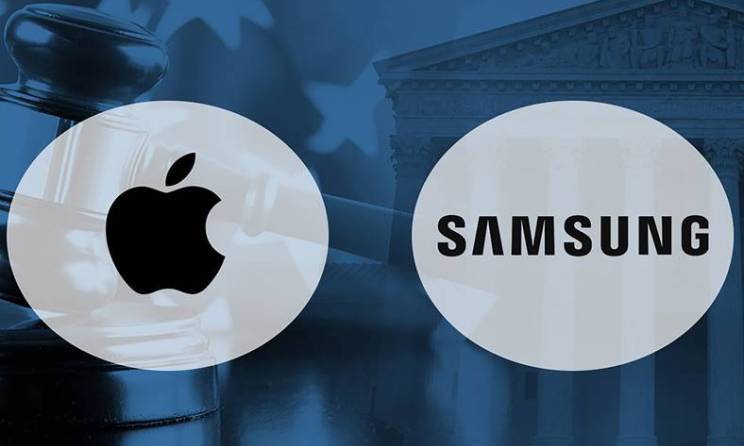The ruling by Italy’s competition authority sees the two tech giants penalised for ‘planned obsolescence.’
Italy’s competition authority on Wednesday said it was fining Apple and Samsung 10 and five million euros (over R160 million and over R80 million) respectively for the “planned obsolescence” of their smartphones.
The ruling is believed to be the first against the manufacturers following accusations worldwide that they encourage operating system updates for older phones which slow them down, thereby encouraging the purchase of new phones.
An investigation by the anti-trust authority revealed that “Apple and Samsung implemented dishonest commercial practices”, a statement said.
Operating system updates “caused serious malfunctions and significantly reduced performance, thus accelerating phones’ substitution.”
Samsung told owners of its Note 4 phone to install a new version of Google’s Android operating system intended for the more recent Note 7 but which rendered the old model sluggish.
Likewise, Apple told iPhone 6 owners to install an operating system designed for the iPhone 7, leading to problems for owners of the older model.
Apple was also found to have failed to tell customers about “essential” characteristics of its phones’ lithium batteries, including their average life and how to prolong that life, resulting in a bigger fine than for Samsung.
The Italian anti-trust authority opened its investigation in January following customer complaints around the same time as a similar probe in France.
The US company was forced to admit last year that it intentionally slowed down older models of its iPhones over time, sparking concerns it was unfairly nudging consumers to upgrade.
At the time, Apple denied it intentionally shortened the life on any of its products. It said it slowed models to extend the performance of the phone, which uses less power when running at slower speeds, and prevent unexpected shutdowns.
The California-based group also faces a class-action suit in the United States.
Source: eNCA

